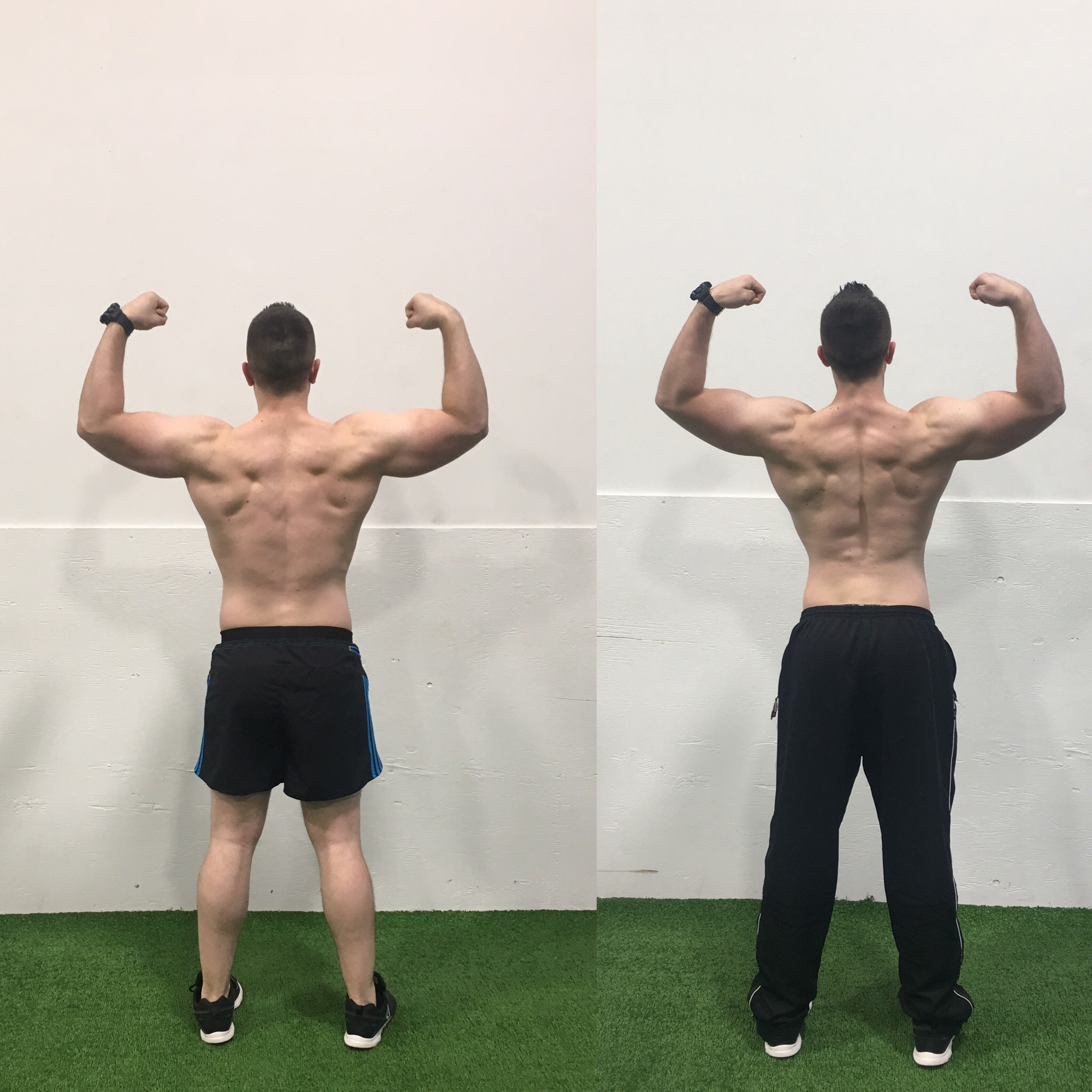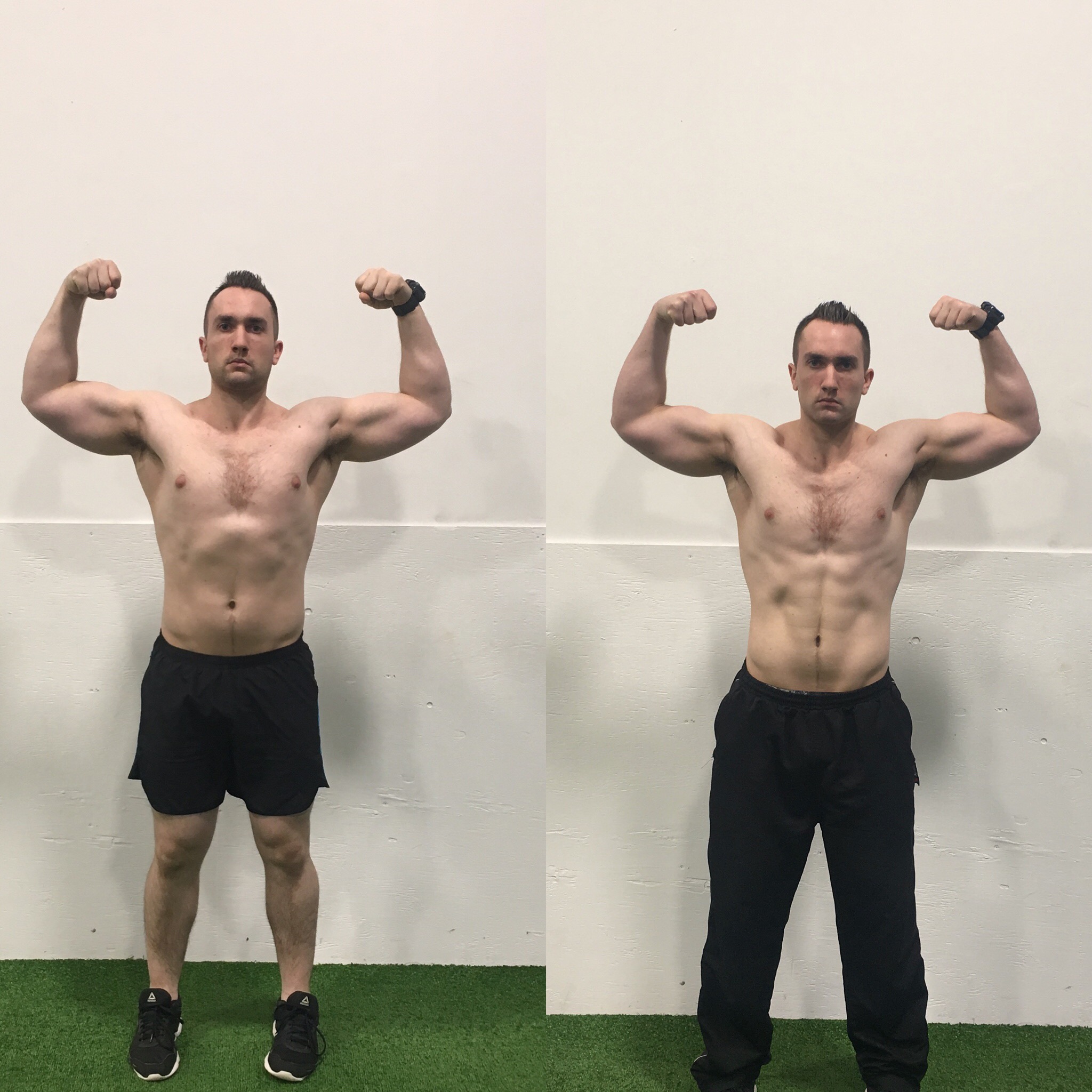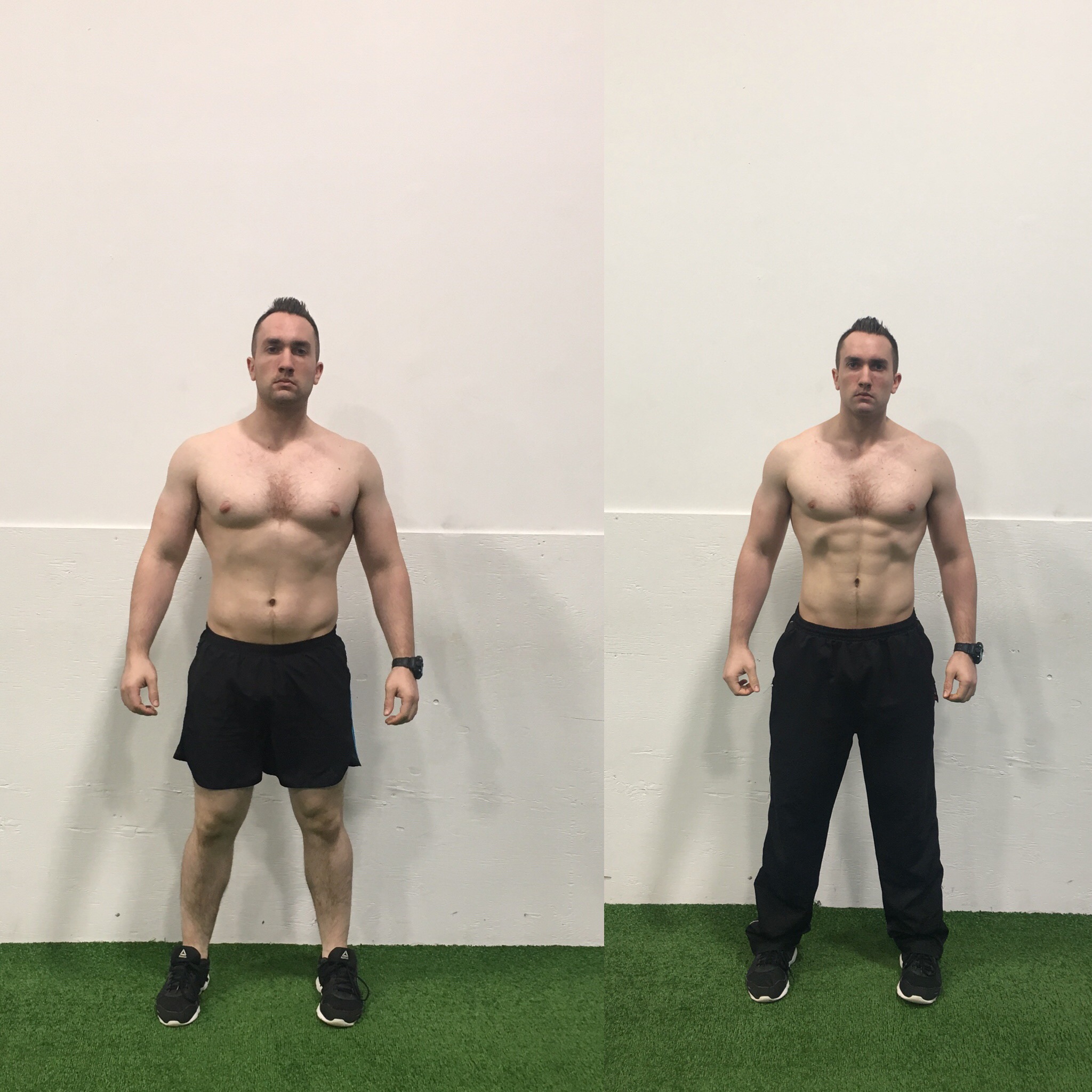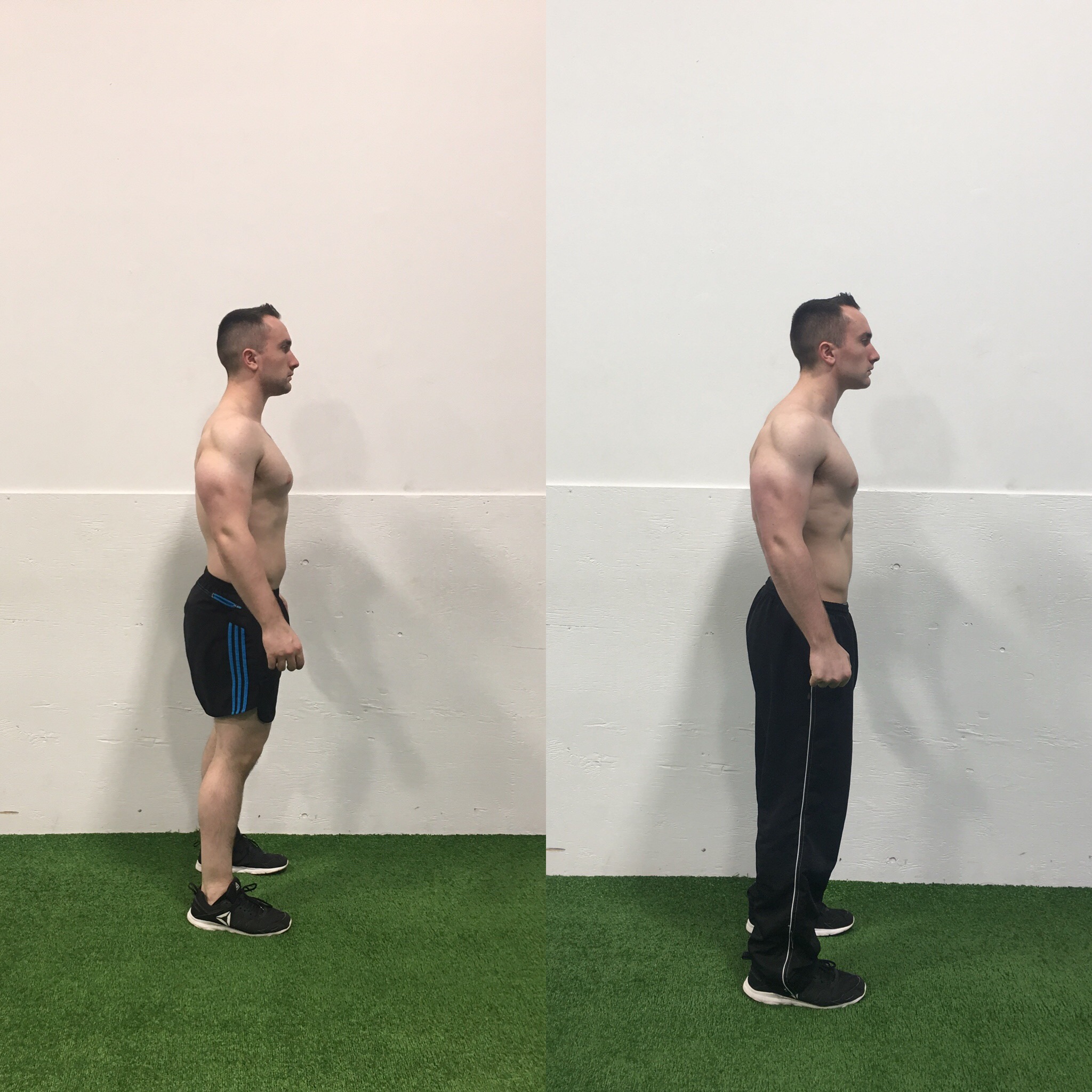I Didn't Eat for 7 Days, Here's What Happened
As some of you who follow me on various social media platforms are aware, from Tuesday October 30th at 12 PM to Tuesday November 6th at 11 AM (Daylight Savings Time let me off the hook an hour early), I completed my first attempt at a 7-day fast.
7 days.
168 hours.
10,080 minutes.
Water… black coffee… tea…
For the past 5 to 6 months, I’ve been delving deeper into the clinical research that has been done regarding the concept of fasting. Without writing out an entire history book on the topic, contrary to popular belief, neither fasting nor intermittent fasting are new fads. They’ve been around longer than any diet has existed. They have been a powerful tool used by health practitioners long before a pill existed for every ache, pain or mild discomfort known to man. Fasting is not new. Fasting was largely forgotten. Living in a society that is so incredibly bountiful makes for a challenging argument as to why one would want to self impose such a feat when it’s almost impossible to go five minutes without seeing food, smelling food or watching an ad attempting to sell you food (or at least convince you that you’re hungry enough to go purchase something you weren’t even considering 5 minutes earlier).
I’ve always been a curious individual when it comes to physical and mental peak performance. Approximately 1 to 2 years ago, I started semi-consistently employing a traditional intermittent fast called the 16:8. This ratio simply refers to the period an individual spends fasting compared to feeding. In simple terms, I would eat my food for the day between 12 PM and 8 PM. The remainder of the time, I would consume nothing other than black coffee, tea or water. The two main ‘return on investments’ for me during this time were the improved physique and the evident increase in mental clarity during the fasted period of each day. I felt sharper and I certainly looked better. As mentioned above, approximately 5 to 6 months earlier, I began reading more and more about the science behind longer durations of fasts and as my confidence in and understanding of the topic increased, my curiosity was continuously peaked. I’ve never been the type to speculate on a topic simply because I’ve read a book on it. I’ve even had individuals ask for my advice on topics with which I’ve literally prefaced my response with something along the lines of, “Look, I really can’t speak definitively because I haven’t yet experienced that. I’ve read about it and I can offer you the knowledge I’ve gained in terms of reading about it, but until I experience it personally, I don’t feel confident in speaking from a position of authority in the least.” Obviously, there are certain realities that I don’t need to experience to confirm their validity (e.g.: I’m certain without a doubt that being shot is a painful experience), but when it comes to something as simple as fasting, there was no reason why I couldn’t try it. Worst case scenario – if I felt it was in any way unhealthy or dangerous, I would just eat something because one, neat reality of fasting is that it’s completely voluntary. You can stop at any time for any reason or even no reason at all!
Over the past few weeks I dabbled with some longer duration fasts. Over the 5 to 6 months of researching, I had been incorporating 24-hour fasts 2 to 3 times per week. It had become a part of my usual lifestyle regimen. Over these past few weeks, I attempted a 32, a 40 and then a 48-hour fast. The crazy part is that they weren’t hard! At all!
I was expecting the fasts to become harder and harder with each increase in length, but they became easier and easier. So - last week, I decided enough was enough. I was going to tackle the 7-day fast for which I was personally building up the confidence. If 32 / 40 / 48-hour fasts all felt equally challenging (in essence not challenging at all), I might as well just knock this 168-hour fast out of the park and call it a day…(or seven).
For the sake of clarity, I’ll explain why. Leading up to, during, and after the 7-day fast, the most common question I’ve received has been something to do with WHY I would ever do something “so crazy”.
There are 3 main motivators in no particular order.
1. Health Benefits and Advantages (insert photo here) – if this list peaked your curiosity, I very much encourage you to check out the information HERE (Intensive Dietary Management Website) or to purchase your own copy of Dr. Fung’s book – ‘Complete Guide To Fasting’. Dr. Fung delves into more far more detail regarding the science and research behind fasting and why it’s not the scary “starvation mode initiator”. He knowledgably alleviates all concerns and fears surrounding today’s society’s concept of fasting. Dr. Fung presents the information in a way that is easily digestible (pun intended).
2. Mental Willpower / Discipline – this was a personal challenge for me. I am a firm believer in the importance of pushing your own boundaries and limits on a regular basis. A 168-hour fast challenge was certainly going to do it. I love food and I eat very large quantities of food every single day. In fact, excluding the recent 24-hour fasts I was incorporating into my lifestyle, I had never gone without food for longer. I would be remiss if I did not express gratitude and thanks for being fortunate enough to live in a society where abundance of food is to the point that lack of food has never been cause for concern in my life. Nevertheless, there was certainly going to be a high level of challenge presented when employing this self-imposed 7-day fast when so many people around me had food, talked about food and even brought me food (yes, one of my clients brought me chocolate and cheese from Paris on Day 5 of my fast – talk about mental willpower)!
3. I wanted to know whether I would be able to work out at my high level of intensity during a period of fasting. Although every source I came across stated that I should be able to maintain my usual training regimen and relative intensity, I had my doubts. First, I was deathly afraid of losing muscle mass. I’ve since learned that due to increased adrenaline levels and elevated growth hormone production (approximately 36 hours into the fast that stay elevated), this fear is completely irrational. Nevertheless, I had a feeling that few people that did long duration fasts were people who lifted heavy weights ‘for fun’. I couldn’t imagine that professionals’ opinions collectively state that you can maintain your training intensity when in my case, this included attempting a 407.5 lb. x 3 rep. squat. Oh well - I was going to try it anyway because what good is opinion when you can experience it and have facts!
Conclusions:
I’m going to briefly categorize the different experiences during this 7-day fast as I feel that this is the best way to simplify the overall experience of not eating any food for 168 hours.
1. Hunger – I felt absolutely no hunger for the entire 168 hours. None… Nada… Zilch… Zero. It sounds crazy, I know. My stomach grumbled and rumbled for literally 33 seconds on the morning of Day 2, and that was the end of it. I imagine that my frequent incorporation of 24-hour fasts and a lower carb diet allowed for a more efficient transition to the utilization of stored fat for fuel, but I was pleasantly surprised that I didn’t experience any hunger pangs whatsoever. To be fair, I rarely eat sugar-laden, sub-quality food which meant that I didn’t have to experience much of the ‘withdrawal-like effects’ as someone who frequently consumes hyper-processed foods would in terms of headaches, fatigue and nausea during the first 1 to 2 days.
2. Energy Levels – my energy levels were normal on Days 1 and 2. I didn’t notice any ‘highs’ or ‘lows’ that were out of the ordinary. On Days 3 and 4, my energy levels were extremely high, almost to the point of being uncontrollably hyper. I’m assuming that this can be attributed to the increased adrenaline levels, but please note that this is purely speculation. The heightened energy for these two days was obvious. On Day 5, I felt like a lethargic wreck as this was the day we turned the clocks back for daylight savings time. I don’t think this had anything to do with the fast because for Days 6 and 7, my energy levels were back to normal.
3. Mental Clarity – I felt oddly clear-minded after Day 2. This clarity of thought remained for the entire duration of the 7-day fast and it was welcomed. I felt far more productive than usual and I experienced no ‘ebb and flow’ in mental acuity as may normally happen on any given day. It was basically like running on 90% quality of mind for the entire day which for me, is from 4 AM to 8 PM. This was something that I have never previously experienced!
4. Training Capacity – I maintained my usual training regimen during the entire 7-day fast. My approach was simple. I would continue with my training plan as it was outlined, including the maximum lifts and if I missed them or didn’t feel confident to do them, this would be acceptable. These are of course, unique conditions under which I would be training. As the research dictated, my training was fine during the entire fasting period. I hit a 305-lb. x 3 rep. bench press PR, a 407.5-lb x 3 rep. squat PR and a 300-lb. x 1 rep. SSB Good Morning PR. I maintained my airbike cardio intervals on the days in between and completed every set and every rep. of the secondary work that was programmed and required. It felt very strange to train in a fasted state and I didn’t find the workouts to feel as physically rewarding as they usually did (although I have no idea why this was the case). I did notice that I required longer rest periods to recover which was unusual. In fact, on the Sunday (Day 5 of the fast), I was taking rests almost twice as long as usual which is very much out of character for me.
5. Overall Boredom – The 7-day fast was complete drudgery in this arena. After Day 3, it became grueling to continuously go home and sleep, then wake up again with no future meals on the horizon. Although this is simply an observation from my own experience, I can admit that it was by far, the only challenging part of the fast in its entirety.
In overview, I can attest to the fact that my training intensity was peaked, my mental acuity was peaked, I experienced no negative side effects in terms of headaches, fatigue or nausea, my physique changed dramatically and more! All outcomes proved to be positive (and in many ways more positive than I had projected). The downside? The discipline required to continue for the entire 7 days (relative to the boredom) quickly became the most frustrating part of the entire experience. I found myself going to bed 30 to 45 minutes early just to get the day over with.
I may now confidently speak from the viewpoint of an individual who has experienced a 7-day fast. In brief summary, the benefits far outweigh the minimal drawbacks. I am convinced that fasting of any length is a necessary piece of the overall ‘health maintenance / progression puzzle’. As I mentioned in opening, fasting has been a part of healthy living for thousands of years. It is included in numerous, historical reading sources, health literature, the writings of numerous philosophers and the major faith sources of the Quran, the Vedas and the Bible. There must be something of substance in the act of fasting not to be ignored, but should be strongly considered to incorporate in one’s health regimen of today.



